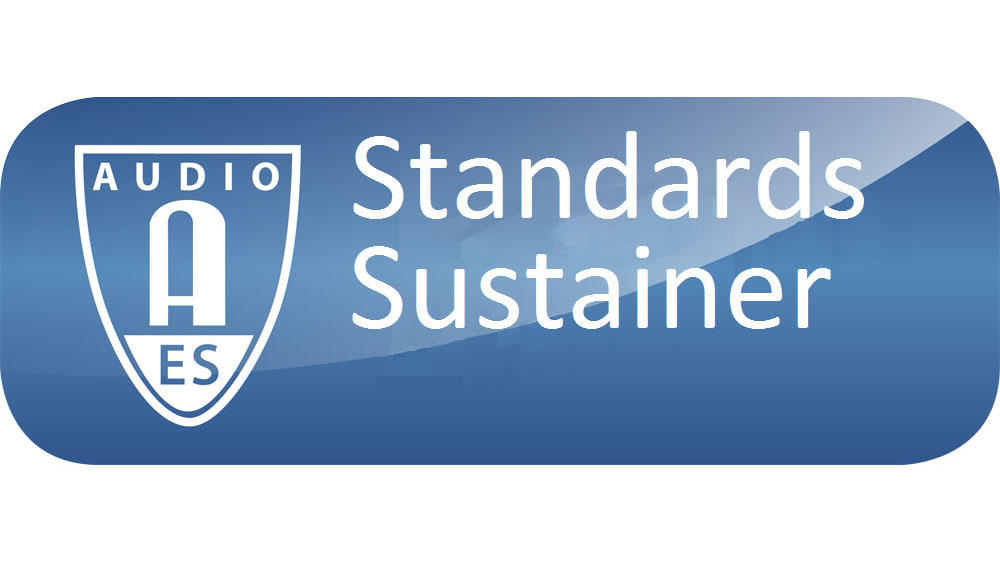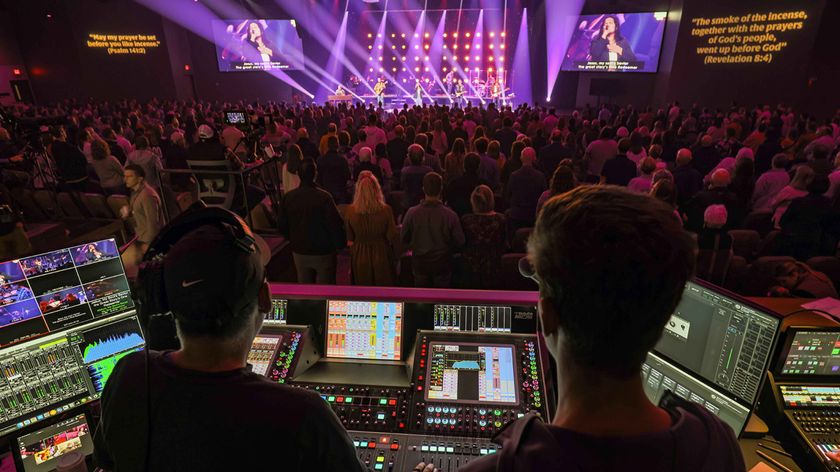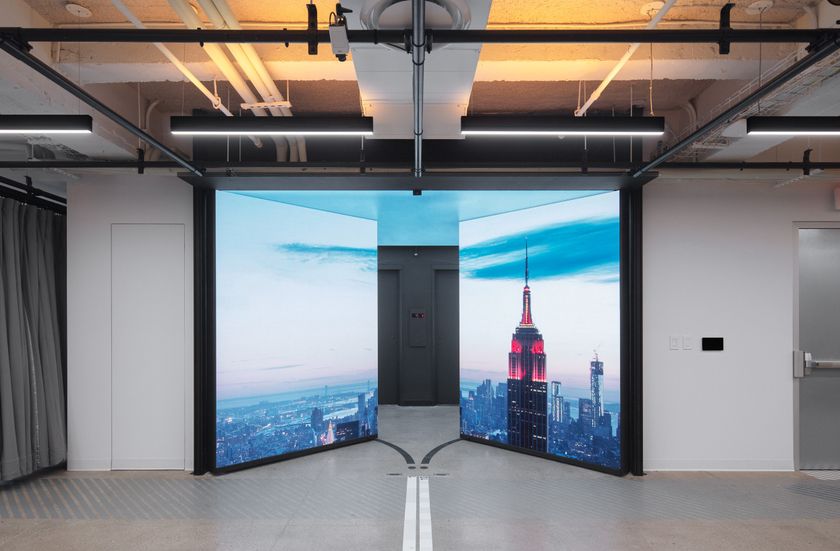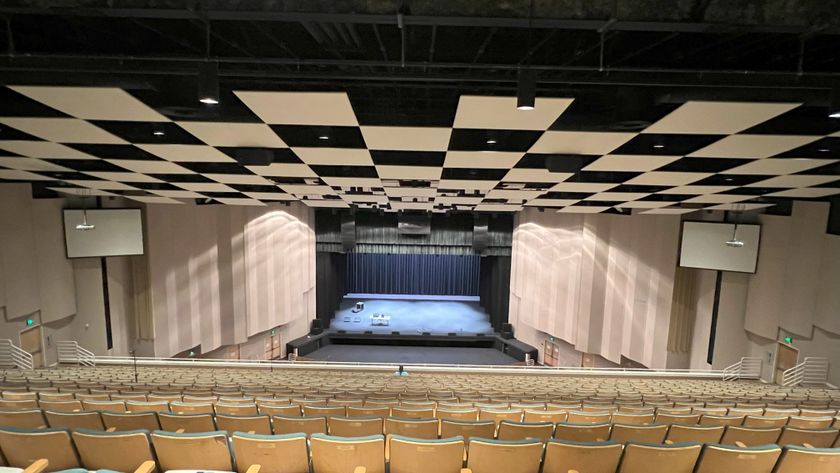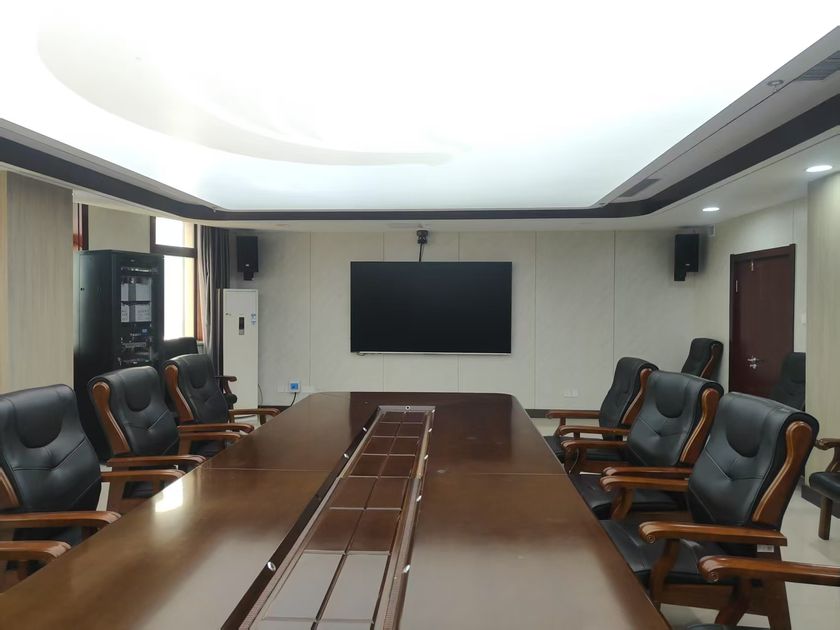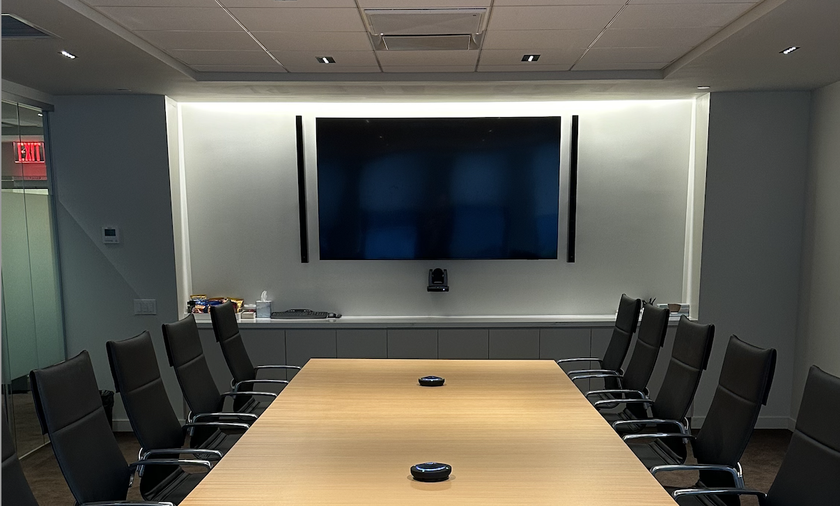The AES Standards Committee is soliciting industry support for its efforts to develop new standards, through a new program called "AES Standards Sustainers." Besides enabling the development of standards that underlie fundamental technology in the audio industry, the program provides participants with free access to published standards (the number of users scales with contribution level) and offers marketing and public relations exposure. All Standards Sustainers will have their contributions recognized on the inside covers of all AES Standards and with online logos on the AES Standards home page, along with Standards Sustainer web links. Standards Sustainers will have exclusive usage rights to the AES Standards Sustainers logo. Also, as the Audio Engineering Society is a 501(c)(3) nonprofit organization, the contribution is tax-deductible to the fullest extent of the law.
Standards Sustainers may contribute at four different levels: a $1,000 basic level, $2,000 Silver level, $5,000 Gold level, or a $10,000 Platinum level. Founding Standards Sustainers include Netflix as a Gold Standards Sustainer; and Eventide, Coveloz, Adamson Systems, The Telos Alliance, Audio Precision, and Bose as Silver Sustainers. Other founding Standards Sustainers include Audyssey Laboratories, NTi Audio, MQA, KLIPPEL, Clair Global, Fraunhofer, Audio-Technica, NBC Universal, Metric Halo, Dolby Laboratories, USound, Control4, and Weiss Engineering.
“These industry leaders are acknowledging the important role played by AES in developing productivity-enhancing standards,” said AES standards manager Dr. Richard Cabot. “Their contribution to the Standards process says much about their corporate character and about their dedication to their customers and to the audio industry as a whole.”
The standards work of the Audio Engineering Society plays a vital role in the advancement of the audio industry. As end-user experience proves, standards like the polarity specification for analog XLR connectors (AES14), two-channel digital interface on XLR (AES3), and multichannel MADI (AES10) enable confident operation of compliant gear. The rapidly adopted audio-over-IP audio standard, AES67, and its control companion standard, AES70, are enabling interconnection between hardware using a number of proprietary standards by providing common audio carrier and control topologies. Manufacturers and equipment designers employ AES standards to build customer confidence in their products, enhancing productivity in workflow.
